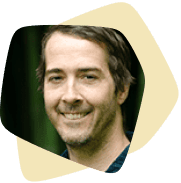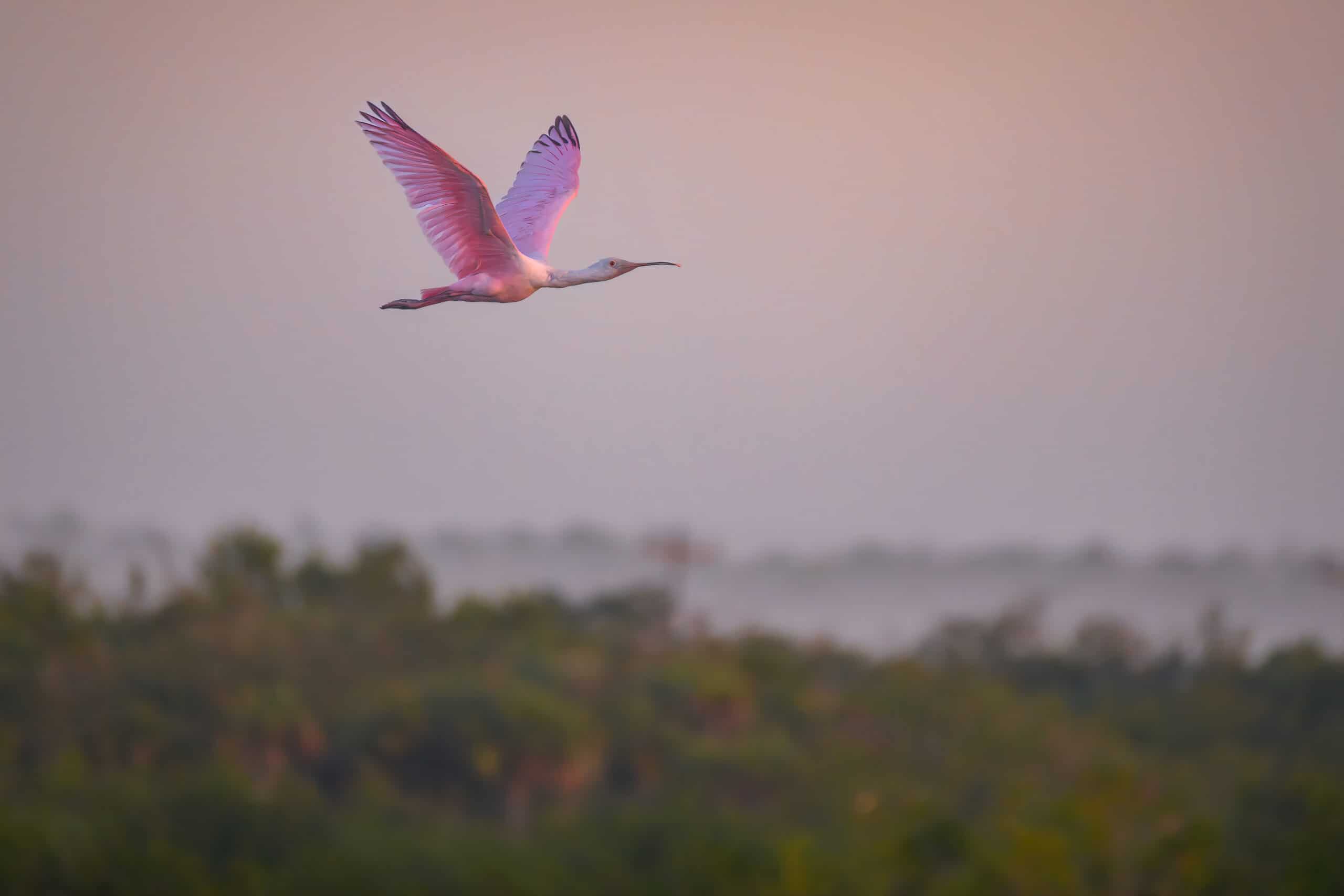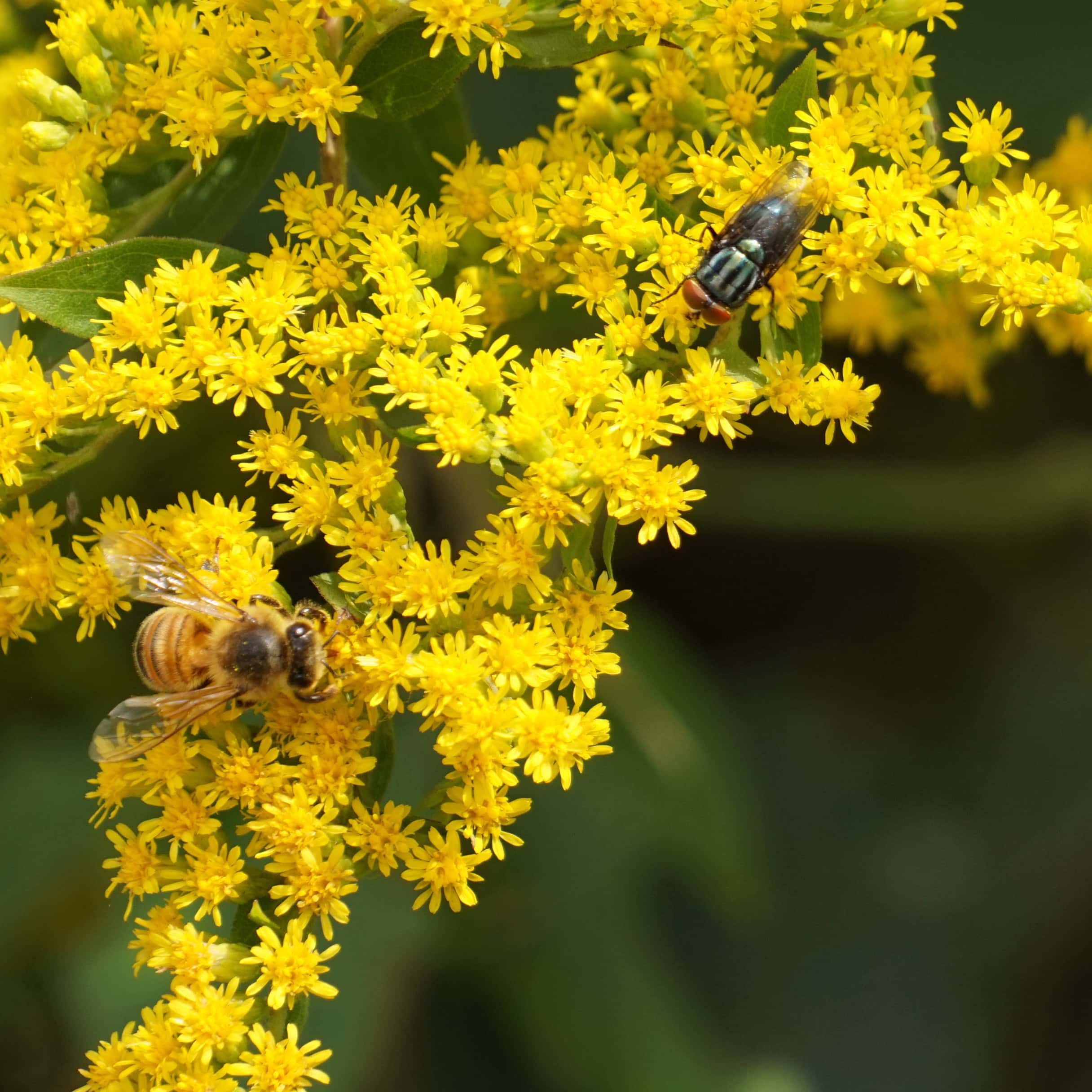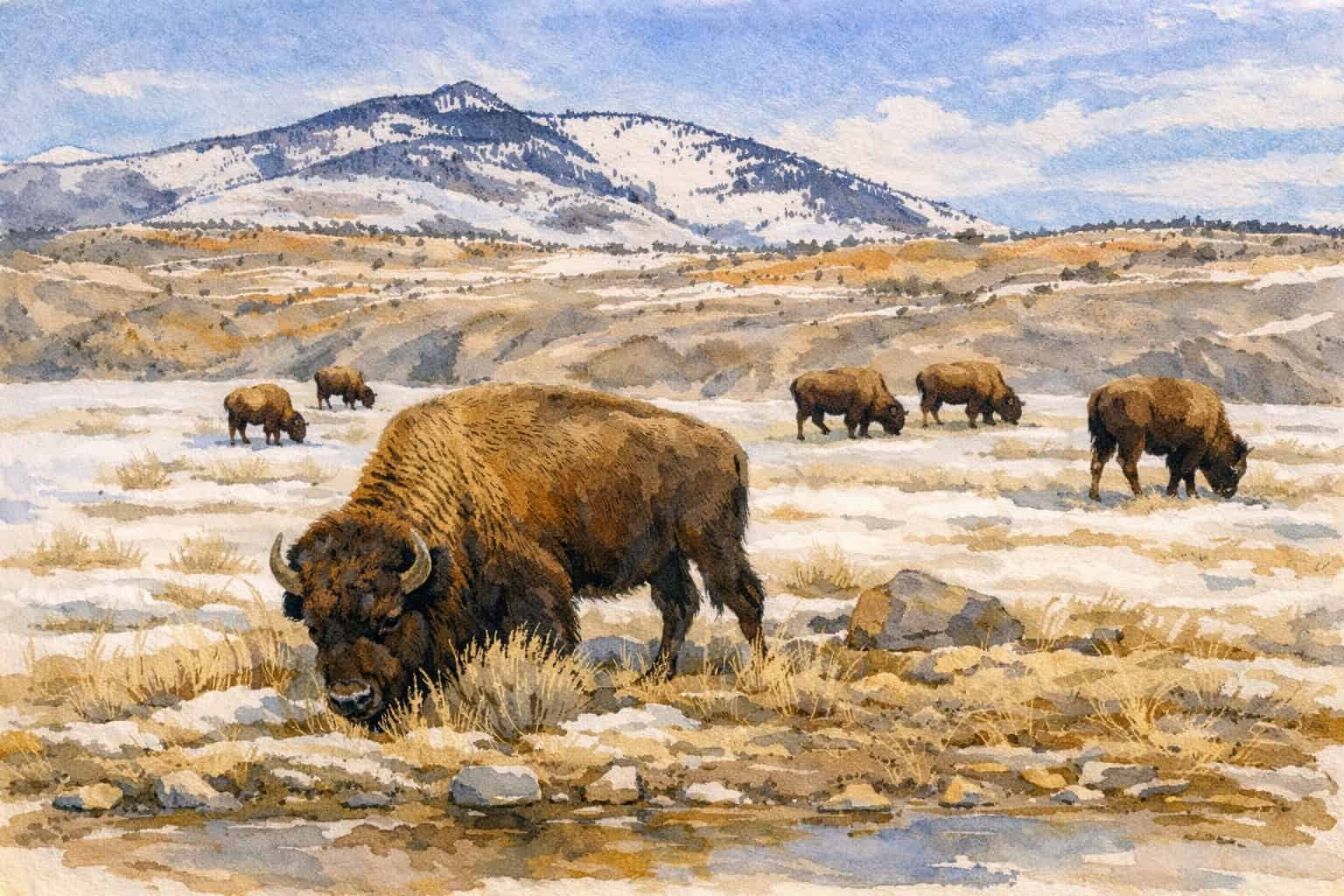Share this article
Q&A: How can colonialism hinder ecology?
A colonial mindset can hamper wildlifers’ science or fieldwork in a number of ways without them even realizing it.
When Madhusudan Katti and his co-authors recently published a paper examining how colonialism affects ecology, they included a map showing bird species named after prominent Europeans in countries all across the world to illustrate how one-sided science can be.
In an exercise in flipping the western mindset upside down, the team moved the south to the top of the map and the north to the bottom. Africa and South America sat on top of the map as opposed to the way many are used to seeing it.
“That simple act has prompted a lot of reaction from people who hated it,” said Katti, an associate professor in forestry and environmental sciences at North Carolina State University and one of the three co-authors of a paper published recently in Nature Ecology and Evolution. Some people complained about how Nature allowed this kind of thing to be published, while others tried to fix the map, informing the authors about the so-called “correct way it’s supposed to be.”
Nobody even stopped to consider that north doesn’t mean up or top. “Seeing Africa or South America bigger in relationship [to Europe or North America], that in itself is disturbing,” he said. “It shows how deeply the colonial belief is embedded. People don’t even realize that what they’re looking at is a colonial map.”
But a new movement in ecology is working to correct some of this thinking by collaborating with Indigenous and local people and interweaving western science and Indigenous knowledge together. We connected with Katti to discuss the thinking behind the recent paper, which he said “has received a fair amount of attention.” The interview is edited for style and brevity.
Why did you do write this paper in the first place?
All the authors are from formerly colonized countries, or countries situated in the south. I’m from India, and my two co-authors are from South Africa. Our experiences in some ways motivated us to think about the context of how ecology is conducted in various parts of the world, and what we value as knowledge and what we don’t value as knowledge.
My co-authors, as students, were involved in student movements in the 2010s challenging western curricula persisting years after the end of apartheid. Those included decolonizing movements like removing statues of Cecil Rhodes, prime minister of the Cape Colony from 1890 to 1896, from the campus of the University of Cape Town, similar to the confederate statue issue in the United States. Students were very active in the former movement, and they were also asking for changes in the curriculum to reflect more of the local culture and knowledge instead of just what was coming from Europe.
How can colonialism negatively affect conservation?
In terms of conservation, the U.S. national parks model and other similar approaches from other countries have had negative consequences in developing countries that resulted in bad conservation outcomes because local people weren’t involved.
In North America, there are conflicts around the creation of national parks, where people have been displaced. Yellowstone and Yosemite are celebrated in the conservation world, yet those are parks without people because people have been wiped out through colonial processes.
Now, the same model is being applied in areas of India where people have lived for a long time. Because the official, internationally accepted definition of a national park is a place without people, all of these people who have been living in them for a long time have to leave. That causes a lot of social damage. It increases poverty, and it alienates those people from the forest. That then turns them against conservation because their homes have been ripped away because of a conservation project.
There are also examples where kicking people out of their homes leads to degradation of the environment because the people, and in some cases, even their livestock play a functional role in keeping the land the way it is. For example, in India some of the national parks known for being home to tigers (Panthera tigris) have this semi woodland/grassland mix. With cattle in those areas along with other ungulates, the grasslands were kept clear of successional plants turning into forests. When you boot out the people and forcibly remove the cattle, the succession comes back in, and you start seeing shrinkage of some of these grassland patches. That can lead to the reduction of ungulates, which affects the tigers as well. Our whole approach that people don’t belong in nature is very much a western, European attitude. There are hardly any ecosystems, except maybe in Antarctica, that people haven’t been a part of for some time. Studies show that even in the Amazon, the pattern of ecology appears to be influenced by human habitats and the way people planted things.
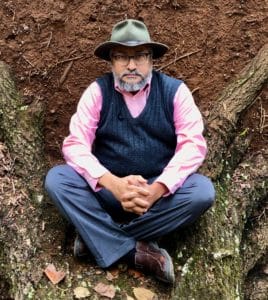
Madhusudan Katti is a professor in forestry and environmental sciences at North Carolina State University.
Credit: Sanzari Aranyak
There are a number of recent papers looking at conservation outcomes in areas that are entirely co-managed by local indigenous agencies or managed by central agencies in South America, Australia, in Canada and other places. They found that biodiversity outcomes are better under either indigenous management or co-management.
There’s also an asymmetry when it comes to ecologists doing work in areas away from their home territories. Due to resource unavailability, you are less likely to see as many Africans traveling to Europe to study the ecology of Europe than Europeans traveling to Africa.
For your graduate thesis, you might go to the global south for three to five years, but that doesn’t necessarily take you away from the colonialist mindset. You may or may not interact with the local people, or you might hire somebody as a local assistant because you can’t really do science without having local involvement. But it’s not engaging the local community or acknowledging their involvement. We also don’t often acknowledge the local knowledge of ecologies of plants, animals and phenology. Sometimes, we may not even ask the right questions because we don’t interact with the ecosystem the way local people do. That can limit your understanding.
In the U.S., an example of ignoring local knowledge and ecosystem management are of course the fires of the West—over a century of fire suppression driven by forestry science at the time insisting that “fires are bad.” This is scientific management that led to fire suppression. Now that we are realizing that fire is a part of these ecosystems, cultural burns are coming back as a management tool. Ignoring local knowledge and local practices led to significant problems over a century. We could have completely avoided all of these if we had paid attention to local knowledge earlier.
Are there specific ways that western scientists can avoid colonialism when collaborating with local people?
The paper is structured around different shifts in our practice that can help reduce this problem and help people engage with local processes, knowledge and communities, and decolonize our science.
It all starts with de-colonializing your mind. We tend to favor the scientific method and empirical method—there’s a lot of power in that. While things like local superstitions may have issues, a lot of local ecological knowledge is empirically valid. If you’re dependent on hunting certain animals that are only in the area in a certain time of the year, then empirically the practice is linked to the actual ecology.
The other key part of having a more open mindset is knowing your history. Obviously, that means knowing the geological and evolutionary history, but it also means understanding the history of how people interacted with those places. In terms of engaging people, you need to work in inclusive teams. You have to invest time in building relationships with local communities to draw out their knowledge. That’s especially true given that in many places, many locals are suspicious due to the history of colonial interactions.
Just going beyond using English as a primary language can be important. For example, arctic cultures have a number of words for snow, which can affect our understanding of the environment. Taking these types of things into account are relatively simple shifts we can do in different degrees, whether you’re teaching or engaging in field research.
Wildlifers can also increase data access, decolonize access to the publication process and make data available. That also means acknowledging who contributes to data and manages data. Many tribal communities are raising questions of data sovereignty. If data is collected in their lands, in Native American reservations, they should have a say in what we do with the data.
Header Image: Madhusudan Katti and his co-authors discuss how colonial mindset can negatively impact conservation and wildlife management. Credit: Marc Hall, NC State




